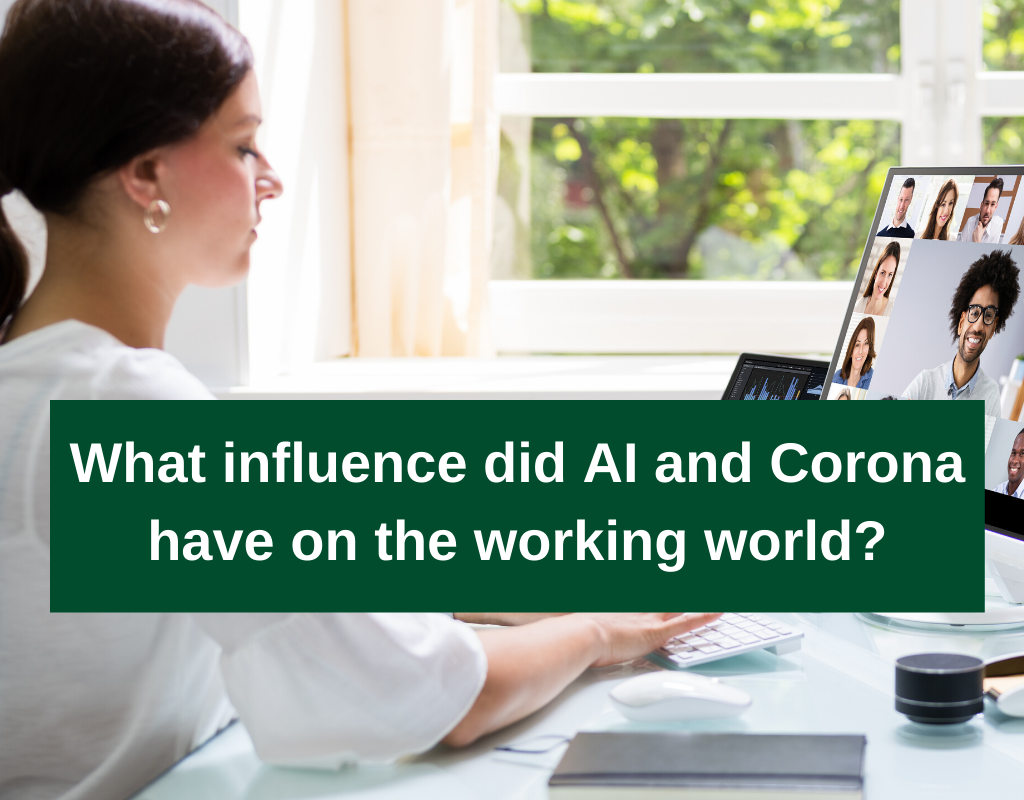Martin Krill, managing partner of Hager Unternehmensberatung and Horton International Germany, spent a lot of time in the home office during the Corona lockdown, as did many other employees. In addition to the challenges at home in his home office with children, he has also gained experience as a ‘remote manager’.
Martin is a core team member of the Digitisation & IT Practice at Horton International and has extensive knowledge of AI.
How will we work in the future? What lasting influences will the pandemic have on the way we work and what will come with the help of artificial intelligence? An interview with Martin Krill.
A look into the crystal ball, what will our working world look like in the next few years?
Krill: The changes are clearly driven by the effects and experiences of the corona pandemic. Added to this is the still rapidly growing digital transformation. Certainly more people will return to the office after the corona crisis. As the ‘home office’ work model has proven itself on all sides in recent months, a mix of presence and remote working environments is well conceivable. It is important for work mixtures not to ignore the interpersonal components. Here, managers and key players need not only a pronounced technical understanding but also a large portion of empathy to sense when one employee needs more or another less leadership. This is easier to perceive in a 5-day presence operation than in a remote variant.
Does work also have to be meaningful?
Krill: Many employees during the Corona crisis will have asked themselves about the motive for work and why they do what they do. Here again, managers are called upon to convey the meaning and background of their actions to their employees. Not everyone can turn their vocation into a profession, but with an understanding of their own actions and the success of their work, employers can provide helpful support for the topic of purpose.
What influence does AI have at this point?
Krill: The search for meaning does not become easier when algorithms prevail. Depending on the job, the question of one’s own raison d’être quickly arises here. In start-up companies, AI is a real booster of meaningfulness. They help to successfully implement innovative ideas.
One could say that digitization acts like a pendulum or a swing. On the one hand, it is a true enrichment, on the other hand, it acts as a threat.
Is there a healthy middle way?
Krill: I think that AI should not be seen as a threat, but can lead to a rethinking within the workforce. Managers should not limit themselves to hiring only employees who have certain skills. Rather, human and artificial intelligence should be combined to ultimately strengthen or even maximize productivity. AI also provides, to a certain extent, a formal basis for more fairness in the world of work. This can also lead to a stimulation around the topic of diversity.
What advice do you give to managers?
Krill: One thing is clear, the manager of the future not only has to rethink, but also relearn, because the leadership role is no longer just a disciplining figure. In the home office, everyone is out of control, the promise of meaning becomes a management task, bosses become role models and idea generators in terms of purpose and mission.
It is important to actively convey a sense of “we” to employees and not to neglect them or leave them completely to their own devices. This motivates each individual and ultimately helps the company to move forward – we all have a life after the coronavirus and also with everyday AI.







